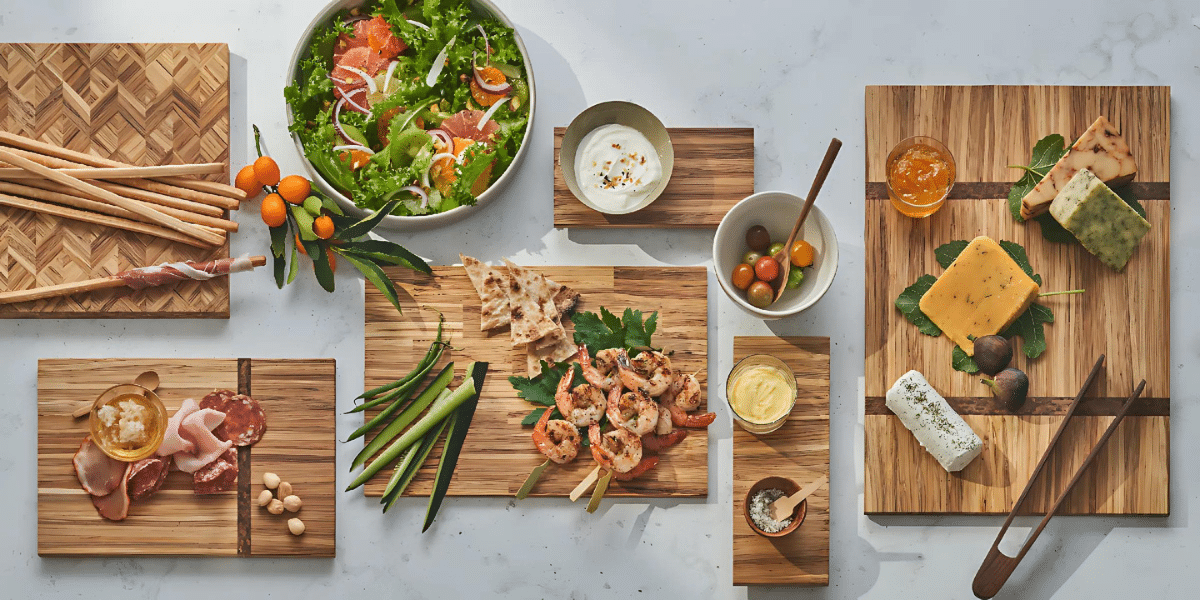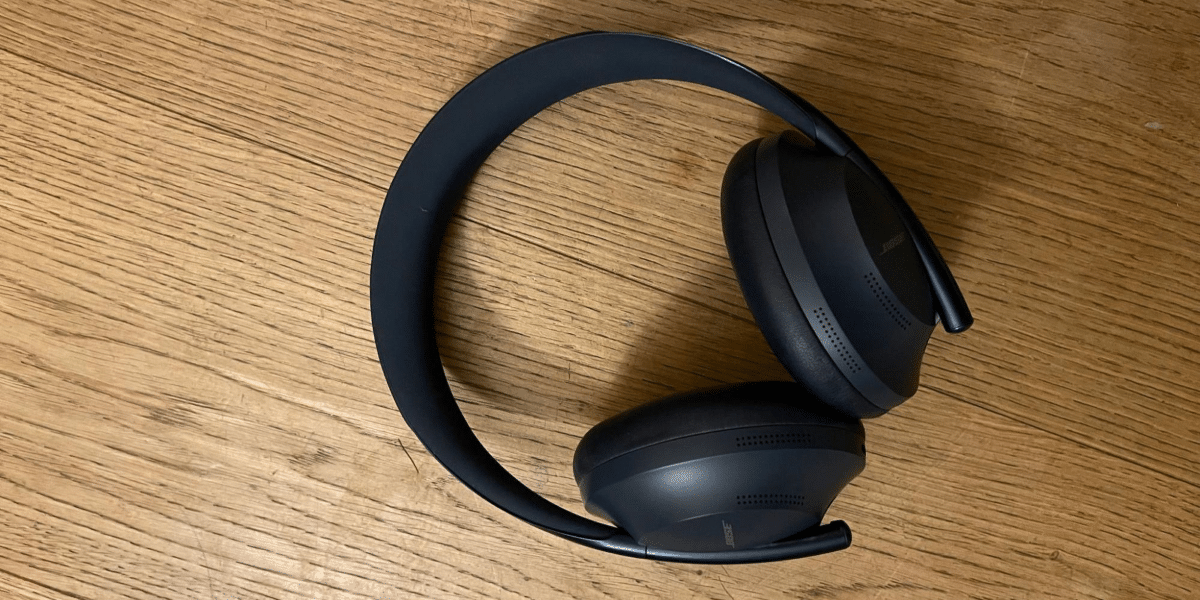By: Michael Clark
As sustainability becomes an ever-growing priority for both consumers and businesses, one brand is standing out in the eco-conscious marketplace: RENEW by Trinity. By transforming discarded bamboo chopsticks into functional, elegant home décor, this forward-thinking company is setting a new standard for upcycling in the home goods industry. With an approach that blends environmental responsibility with high-end design, RENEW by Trinity is carving out a niche for itself in an increasingly competitive market.
In today’s economy, businesses are looking for ways to align themselves with sustainability, and consumers are more mindful of the environmental impact of their purchases. The demand for eco-friendly products is growing exponentially, and RENEW by Trinity has emerged as a leader in this movement by repurposing what would have been waste into valuable, stylish products for the modern home.
Upcycling for Profit: How RENEW is Innovating in a Competitive Market
What makes RENEW by Trinity unique is its ability to turn a common, overlooked waste product—single-use bamboo chopsticks—into stunning home furnishings. It’s a business model rooted in upcycling, which not only reduces waste but also taps into a growing consumer base that wants to support companies with environmentally conscious practices.
The process begins with sourcing discarded chopsticks from restaurants across North America. These chopsticks are then sent to The Chop Shop, RENEW’s Texas-based facility, where they undergo a rigorous cleaning and pressing process. Once sanitized and treated, the chopsticks are transformed into sleek, modern home products that are as durable as they are visually appealing.
“At RENEW, we’re committed to not only producing high-quality products but also reducing our environmental footprint,” says Cze-Chao Tam, CEO of RENEW by Trinity. “We’re taking materials that would normally end up in landfills and giving them a second life. This approach allows us to contribute to a circular economy, where waste is minimized, and resources are reused in creative and impactful ways.”
This approach has been particularly successful in attracting consumers who are increasingly aware of the need for sustainable living solutions. RENEW’s products, like the Gather + Graze Serving Board, which reclaims 265 chopsticks per unit, have become popular not only for their design but also for the environmental story they tell. Each piece comes with an engraved label detailing the number of chopsticks used in its creation, making it easy for customers to see their direct impact on reducing waste.
Why Sustainability is Good for Business
In today’s economic climate, sustainability isn’t just a trend—it’s a key factor driving consumer behavior. Research shows that consumers, especially millennials and Gen Z, are more likely to support brands that demonstrate a commitment to the environment. For RENEW by Trinity, this has translated into significant business growth as demand for its products continues to rise.
The company’s focus on sustainability is also appealing to investors who recognize the long-term value of eco-conscious businesses. With the global push toward reducing carbon emissions and minimizing waste, companies like RENEW by Trinity are poised to capitalize on the growing market for green products.
“We’ve seen a strong response from both consumers and investors,” says Tam. “Sustainability is no longer just a buzzword—it’s a key part of what drives the economy. People want to support brands that are making a difference, and businesses that can align their values with their products will be the ones that succeed in the future.”
By focusing on a simple yet effective upcycling model, RENEW by Trinity has not only created a profitable business but has also positioned itself as a leader in the green economy. The company’s products are made with non-toxic, food-safe finishes, ensuring that they meet high standards for both sustainability and consumer safety.
Expanding the Scope of Sustainability
As RENEW by Trinity continues to grow, the company is looking for new ways to expand its impact. While bamboo chopsticks are the primary material used in their products, RENEW is actively exploring other types of waste that can be repurposed into high-quality home goods. The company is experimenting with used coffee grounds, aiming to develop new processes that will allow them to upcycle this common waste product into functional and durable materials.
“We’re always looking for ways to innovate and push the boundaries of what upcycling can achieve,” says Tam. “Our goal is to find materials that are commonly thrown away and see how we can transform them into something beautiful and useful. We want to lead by example in the sustainable home goods industry, showing that there’s value in what most people consider waste.”
This forward-thinking approach aligns with broader trends in the global economy. As governments and corporations continue to push for more sustainable business practices, companies like RENEW by Trinity are well-positioned to take advantage of new opportunities. The company’s focus on reducing waste and upcycling resources not only helps the environment but also strengthens its position in an increasingly competitive marketplace.

Photo Courtesy: RENEW by Trinity / www.renewbytrinity.com
A Sustainable Future for Home Décor
Looking ahead, RENEW by Trinity shows no signs of slowing down. As the company expands its product offerings and explores new ways to reduce waste, it’s clear that sustainability will remain at the core of its mission. For consumers, that means more opportunities to buy high-end, eco-friendly products that fit seamlessly into their lives.
“We believe that sustainability should be accessible to everyone, and our products are designed to make it easy for people to make environmentally responsible choices,” says Tam. “At RENEW, we’re building a brand that not only reflects our commitment to the planet but also delivers on quality and style.”
In a world where consumers are more aware than ever of their environmental impact, brands like RENEW by Trinity are leading the way in sustainable innovation. By turning waste into a resource, RENEW is proving that eco-friendly business models can be both profitable and impactful.
For more information on RENEW by Trinity and to explore their collection, visit renewbytrinity.com.
Published by: Martin De Juan








